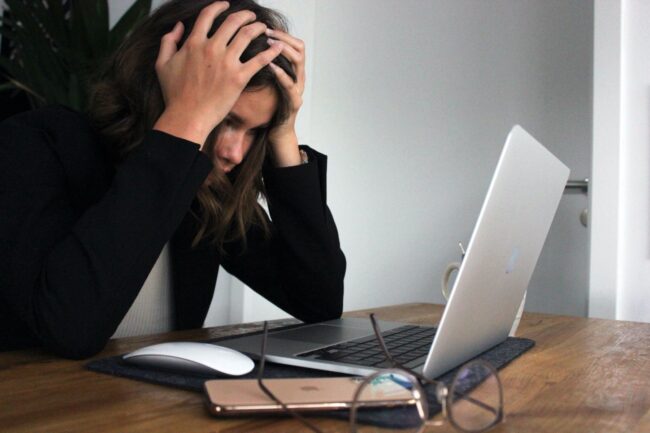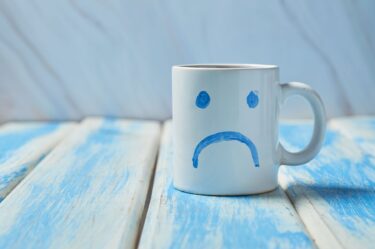Years ago, I used to work in the food and beverage industry. While I handled mainly the marketing aspect of the branch, I was also involved in the operations side of things — lending a hand in managing the day-to-day business.
We used to have a general meeting for all of the staff during the day when there’s the least traffic at the store, which is usually past midnight on a weeknight. It didn’t matter what your shift was hours before or after, everybody needed to attend that particular meeting.
As dutiful members of the team, we were all in attendance. Those in the morning shift after would boast of how little sleep they had (I was among the ones who lived farthest so I have something to brag about) and how awake they still are to fulfil their shift. We didn’t want to be a disappointment to the team. And because that is the way things are being viewed (rest is for the weak!), nobody dared to complain they were too sleepy or too tired to function.
Looking at it now, I feel sad and I pity ourselves. I realise that those heroics at work are quite meaningless. The store continued to function, whether or not we showed up or whether or not we extended our hours, skipped a rest day (which we usually do, without pay) and we just lost the opportunity to give our bodies some well-deserved rest that is key to our physical and mental health.
I kinda feel angry that that kind of work situation and ethic was demanded of us and regarded as a standard — how this work culture was seen as necessary just so your team could achieve a particular goal. And while that goal may in a (little) way affect compensation, it was only serving the business when you consider the big picture.
Do you know that thing called the five-years rule? When you get upset, they say you just have to ask yourself that question: Will It Matter in 5 Years? Most of the time, the answer is no. I wish I’d read this earlier on. Because one of the reasons we all overwork and push ourselves to the limit is that even on the hardest day, we think everything is urgent and has to be accomplished ASAP.
And sometimes, to overcompensate, we turn to revenge bedtime procrastination.
Which then leads to burnout. While there are many different causes, and it looks different for everyone, the World Health Organization defines burnout as a syndrome “resulting from chronic workplace stress that has not been successfully managed”. This overwork culture, or as BBC calls it, the cult of burnout and overwork, has also been aggravated by the pandemic. For sure, technology has made it possible for us to work from home indefinitely, but it also ties us to our work all day long.
This is why it’s crucial that we try to change the way we work. And although some work environments really do dehumanise the workplace, we can still choose to prioritise our well-being.
Now I see that whatever was discussed in that meeting has long been forgotten. Plans may or may not have been carried out. I don’t even remember if we reached our goals that year. We probably did, and we celebrated. But the thing is, (and I say this only personally) it doesn’t really matter. If I could go back in time and talk to my younger self, I’d tell her to take it easy and not feel pressured to show up every single time.
It actually amazed me to find work after that that allowed me to earn more, work with lighter loads, gain more opportunities for growth and learning, and be with a good team. After all, a girl needs her time to Netflix and chill with her true crime shows.
Because you see, life takes many unexpected turns — and offers so many unforeseen opportunities that things could change no matter how hard you work on them. That said, it’s important that you feel good about your work and your own life story, your environment and yourself as you do your job. Because if you don’t, before you know it, years will just pile on and you have nothing to look back on.






No Comment